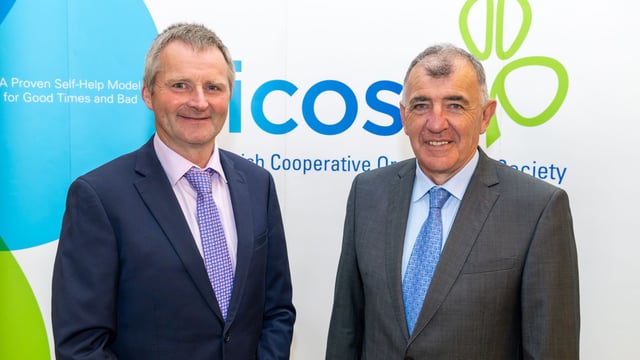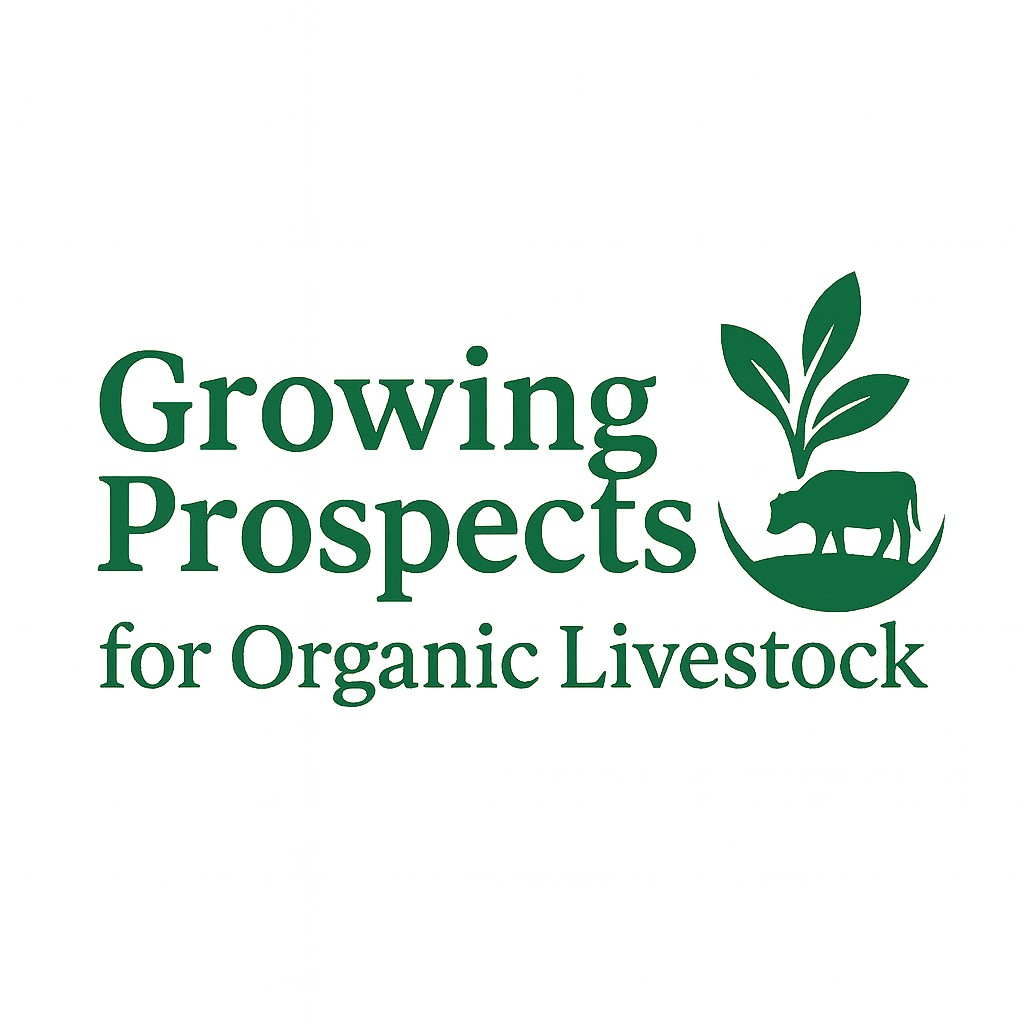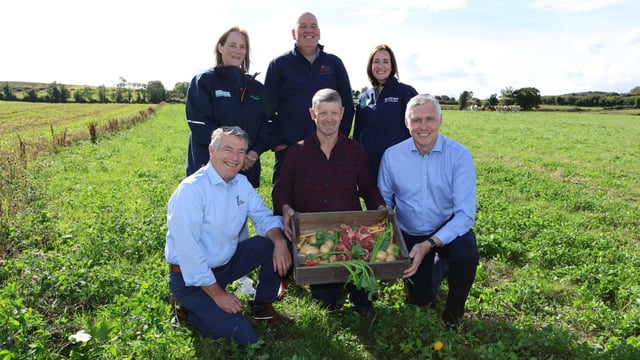Livestock 'essential' to meeting climate targets - Animal Task Force
A paper published by an EU body of agri-food research organisations - including Teagasc - has said that livestock systems are essential to meeting climate and biodiversity targets, when they are designed with "circularity and multifunctionality in mind".
The paper, described as a policy brief, was published this week by the Animal Task Force (ATF), an EU public-private partnership entity that brings together organisations in several EU member states that work in the areas of livestock research and science.
Teagasc is one such organisation, and Teagasc director Prof. Frank O' Mara is the president of the ATF.
The paper, titled Livestock are more than food, said that livestock systems in Europe "are at a crossroads".
"In the middle of growing calls to reduce meat consumption, livestock numbers, and agricultural emissions, the broader contributions of livestock are often overlooked by both the general public and policymakers.
"Yet, when managed sustainably, livestock plays a key role in delivering climate resilience, resource efficiency, rural development, and ecosystem services," the paper added.
According to the report, the benefits of livestock, apart from food production, include: manure as a renewable fertiliser; use of certain products in pharmaceuticals, textiles and construction; biodiversity and landscape management; rural livelihoods; health and nutrition; renewable energy through biogas production; and companionship and therapeutics for humans.
The report said that these functions "align closely" with the EU's sustainability agenda, while being "unrecognised" in many of the EU's policy frameworks.
The ATF cited the Common Agricultural Policy (CAP), saying the policy offers eco-schemes and agri-environmental supports "but often lacks the tools to reward livestock systems for their ecosystem services or circular contributions".
The paper said that animals are "sentient beings", citing concerns over animal welfare. However, the paper also said that it is "of vital importance for the livestock industry as well as European citizens" that arguments used to enhance welfare-related regulations "are based on solid scientific evidence".
According to the ATF, there are a number of policy challenges to the livestock sector in the EU. These include what the ATF claimed were "misaligned" environmental metrics which undervalue the ecosystem services of extensive livestock systems.
The ATF also said that there are regulatory barriers which "often block the circular use of materials".
The ATF went on the claim that there are "biased narratives" in which public and policy debates are polarised, "making it harder to build nuanced, sustainable strategies".
As well as that, there is insufficient investment in farmers' roles, with farmers poorly represented in funding decisions, and weak support for new entrants or mixed systems, the ATF said.
However, the paper said there are also "policy opportunities", including: supporting circular livestock systems; integrating livestock into broader sustainability metrics; fostering innovation; reframing public communication; and creating "enabling conditions" for diverse farming models.





